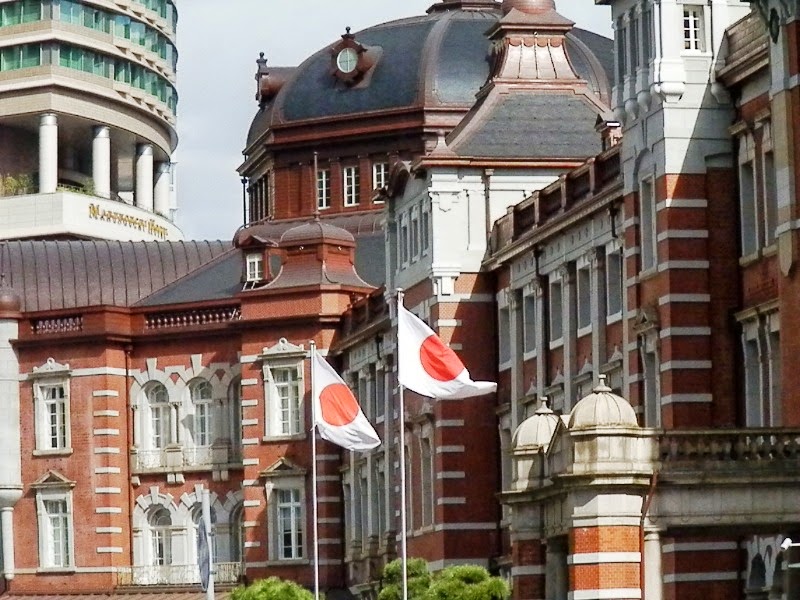Inflation vs. Deflation
As is often discussed in the global financial community, Japan has been in deflation in these decades. specifically since around the middle of 1990s.
After Japan became the second largest economy in the world in 1969, its economy further continued to grow, but after its economic bubble around 1989, the Japanese economy gradually into a blunting process while the US economy was boosted up riding on the IT boom and globalization of economy driven by the IT technology. Further Japanese businesses started to move their plants and factories to China in a large scale to actively use cheap labor force in China so as to cope with the trend of globalization.
As a result, cheap products came to flood in the Japanese market and wages of Japanese workers came to stop increasing. Though the natural environment of Japan was somewhat protected from further industrialization as many factories moved to China, this relationship with China introduced deflation in the Japanese society.
In a wider view, even the EU and North America now face deflationary pressure arising from globalization of economy that helps developing countries, like China, India, etc., carry out industrialization and export cheap products of reasonable quality to the advanced countries. The IT technology, consisting of advanced computers and the Internet, has contributed to this new Industrial Revolution in the world. But, it is also posing deflationary pressure to the EU, the US, and Japan.
However, it is also interesting to see a trend of monetary base, since it tells that the central banks of the advanced countries have supplied a huge amount of money for the global market to cope with deflationary pressure that was however caused by the 2008 Financial Crisis (as a direct factor). When the financial systems in the US and the EU became unable to function normally, its influence was clearly manifested in consumers' attitudes. The demand shrank while strong supply potential remained intact. Businesses faced bankruptcy. To keep a certain level of demand and operation of businesses, the central banks had to take charge of financially supporting the money market and circulating funds in society. It was a clear tug of war between deflation power and inflation inertia.
http://therealasset.co.uk/monetary-tectonics/
Inflation continuing forever will surely destroy the global environment as it was feared in Japan in early 1990s before many Japanese factories moved to China. But can mankind cleverly control deflation to make all the members of the human species happy if not so materially rich?
One thing certain is the technological innovations will continue forever. There will be always strong supply capability. GDP of the whole world will continue to grow for centuries ahead. But, this economic scheme is not aimed at making all the peoples in the world rich. It is still in the hand of super-rich people who don't mind poor and unhappy people at all. Inflation and deflation can be still a result of strategies of those super-rich people who are always trying to make themselves richer despite any crisis of the world and the earth.
We have to continue to keep watching the trend.
*** *** *** ***
Act 11:5 I was in the city of Joppa praying: and in a trance I saw a vision, A certain vessel descend, as it had been a great sheet, let down from heaven by four corners; and it came even to me:




